You wait all year for the warm temperatures and lingering sunsets of summer. Alas, your delight at summertime’s arrival is quickly extinguished by the ghastly horde of insects that also thrive at this time of year. Well played Nature. Well. Played.
For some, the solution to this summertime buzzkill is simple: Drench yourself in insect repellent, many of which have DEET. This harsh chemical spray found in many insect repellent sprays acts like Agent Orange for mosquitoes, ticks, and other blood-sucking pests, interfering with the neurons and receptors that help them find a host. However, just like Agent Orange, this nerve disruptor comes with widespread side effects. You’ve warded off the bugs, but now you’ve got a host of other ills to contend with, not the least of which is that chemical smell that can kill a hot vibe faster than a shred of cilantro stuck in your teeth. And what is summer without those hot vibes?
To save your game (and your skin) this summer, natural insect repellants are the answer. Drop the DEET and reach for one of these natural and DEET-free insect repellents. Some are old tricks derived from antiquity, while others are more technologically advanced. But all of them will work to keep the bugs at bay so you can focus on having fun in the sun.
Olé, O.L.E.!
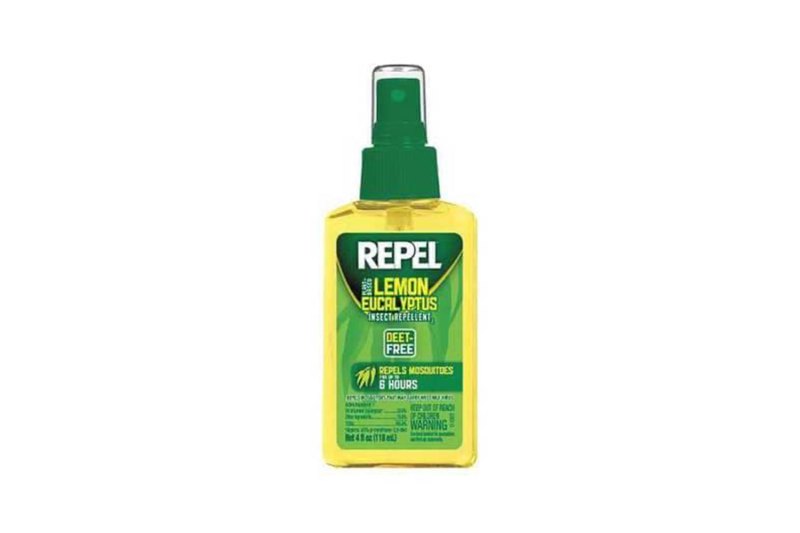
The only natural mosquito repellent registered with the U.S. Environmental Protection Agency (EPA) and recommended by the Centers for Disease Control and Prevention (CDC), lemon eucalyptus runs a close third behind DEET and picaridin (see below) for its efficacy. However, this particular plant compound is easy to confuse. We’re not talking about lemon eucalyptus essential oil, but about a different product (derived from the same plant) known as Oil of Lemon Eucalyptus. The difference has to do with how the two products are synthesized from the plant and trust us, you don’t want to get into it. Just buy yourself a bottle of OLE spray and call it a day. You will have to apply it more often than a chemical bug spray, but we think the extra application is much better to avoid that unpleasant odor.
Picaridin
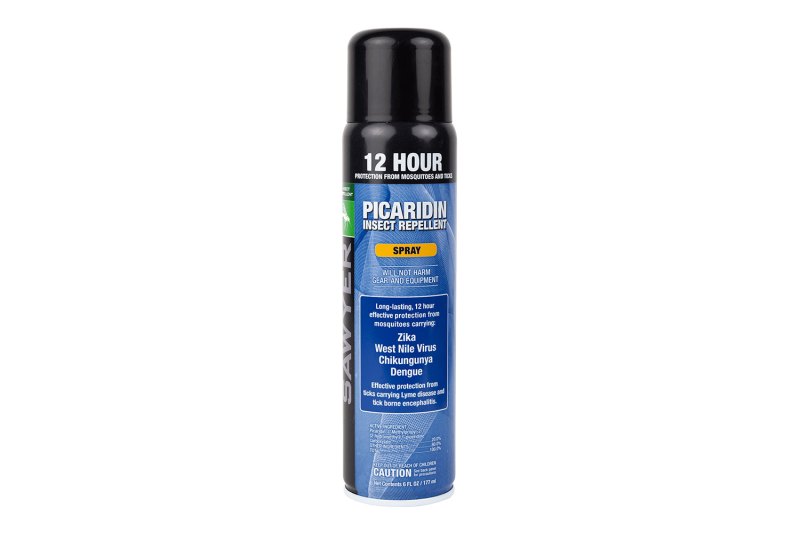
This chrysanthemum-derived compound isn’t quite as natural as OLE, but it’s a hell of a lot less noxious than DEET and works just as well. Also, it’s the bug repellent of choice in Canada, and we trust our hardy Northern friends to know a thing or two about keeping bugs at bay. We like the Sawyer brand, which offers picaridin in an array of products, from skin spray and lotion to an impregnating treatment that can be used on clothes, car upholstery, and outdoor gear.
Vanilla
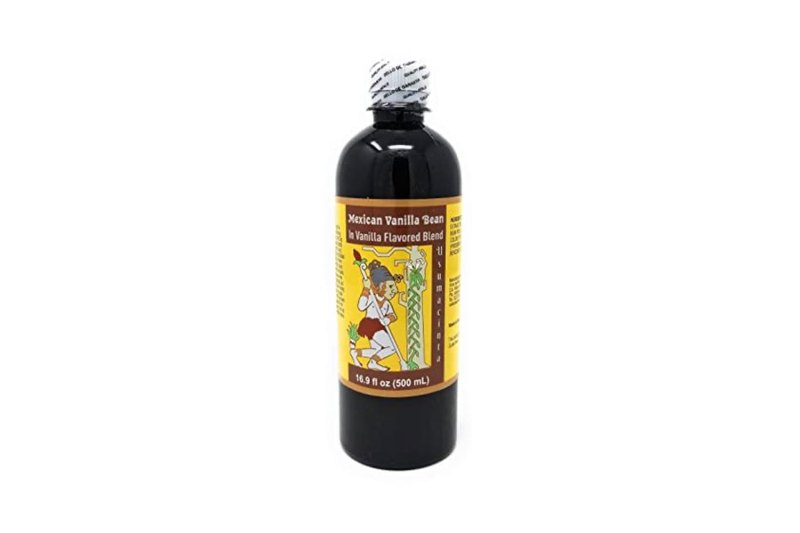
If you research natural bug sprays long enough (and trust me, I have) you’ll eventually come across a shocking revelation. The most powerful natural bug repellent on earth is … ready? You’re not ready, but I’m going to tell you anyway: Vanilla. To be precise, it’s vanillin, the compound in the actual vanilla bean, and while it doesn’t repel bugs by itself, it acts as a “fixative” for other compounds, boosting their effectiveness by as much as 250%.
To be clear, the artificial vanilla flavor does not work the same way. It has to be the real thing, so look for Mexican vanilla at a local ethnic market, or search online. I know it sounds crazy — the only way to prove it is to try it yourself. Add a tablespoon or so of vanilla to your favorite bug spray or oil diffuser, and watch what doesn’t happen.
Oil Diffuser
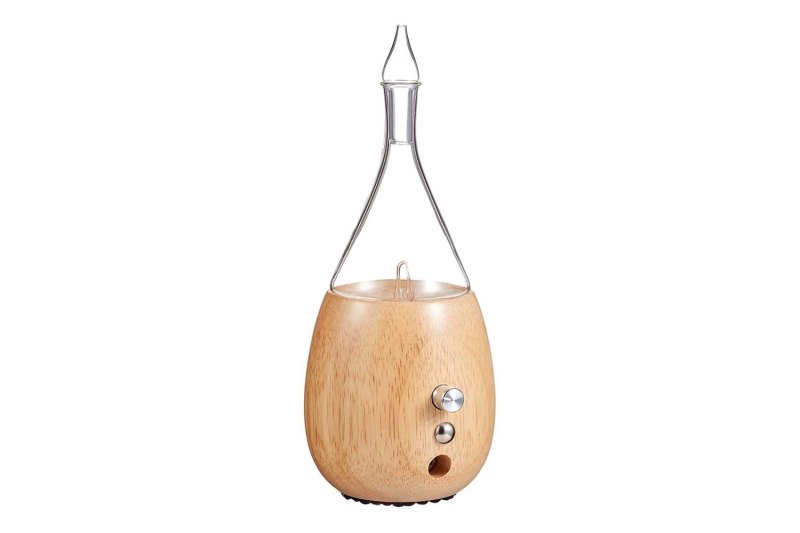
Citronella candles and tiki torches are all well and good, but if you really want mileage out of your ambient bug repellent, switch to an essential oil diffuser. Look for a cordless model so you can take it outdoors, and make sure the reach is respectable. We like this one for its garden party looks and its 160-square-foot reach. Load it up with a double dose of essential oils like citronella, lavender, and lemon eucalyptus, then settle back and enjoy that nap in the shade without worrying about a whining mosquito wake-up call.
Bug Zapper
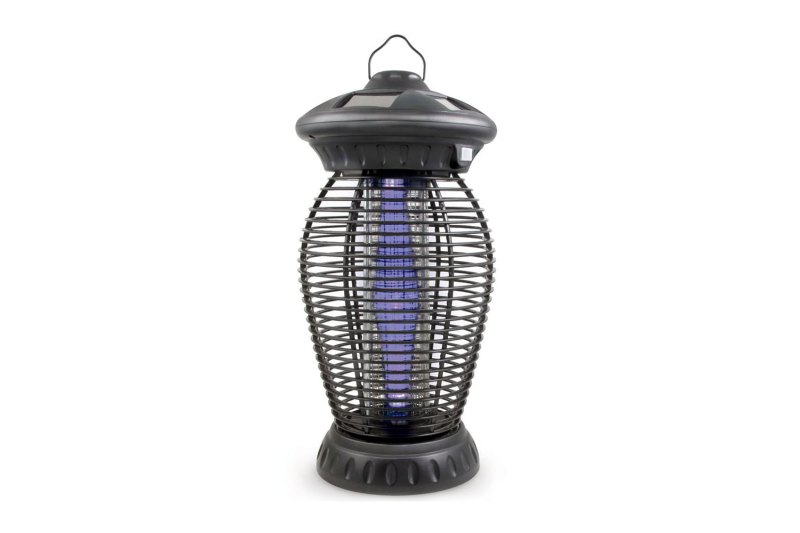
With ultrasonic bug repellents firmly debunked as a scam, we turn once again to the proven electronic solution: The bug zapper. These machines come in a variety of sophisticated shapes and models, from tabletop to handheld to wall-mounted, but their operating principle remains unchanged: Attract flying insects to the light, then zap them with a few hundred volts of electric charge. While the classic tennis-racket-shaped zapper is a cute throwback to grandma’s back porch, we like this model for its handsome design, cordless convenience, and solar-powered bulbs.
The Bubble Trick

Now we’re moving into the weird end of the insect solution spectrum. But hey, we’ll try anything once. And that includes making essential oil-scented soap solutions to fill the air with bubbles that keep the flying bugs at bay. If you think about it, it makes sense. Imagine trying to walk through a room filled with clear balloons — that’s what a mosquito or wasp is going through, trying to navigate a yard crowded by floating bubbles. Add in a smell those bugs can’t stand, and you’ve got an effective if unconventional, pest repellent. You can put your scented soap solution into a bubble machine, but we think it’s more fun to fill up some bubble guns and offer them to party guests to amuse themselves with as they mingle.
Change Up Your Outdoor Lighting
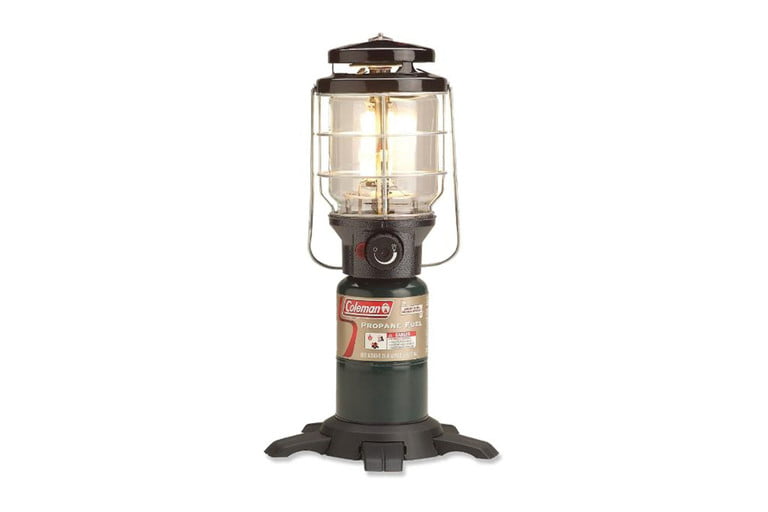
Another obscure factoid about summer insect swarms: They don’t like the lighting technology of today. If you’re using old-fashioned Edison bulbs for your outdoor lights, switch them out for LED bulbs to discourage flying guests. Better yet, deck out your deck with LED camp lanterns for more proximate protection … not to mention some groovy mood lighting to turn up your backyard party.
Aromatics
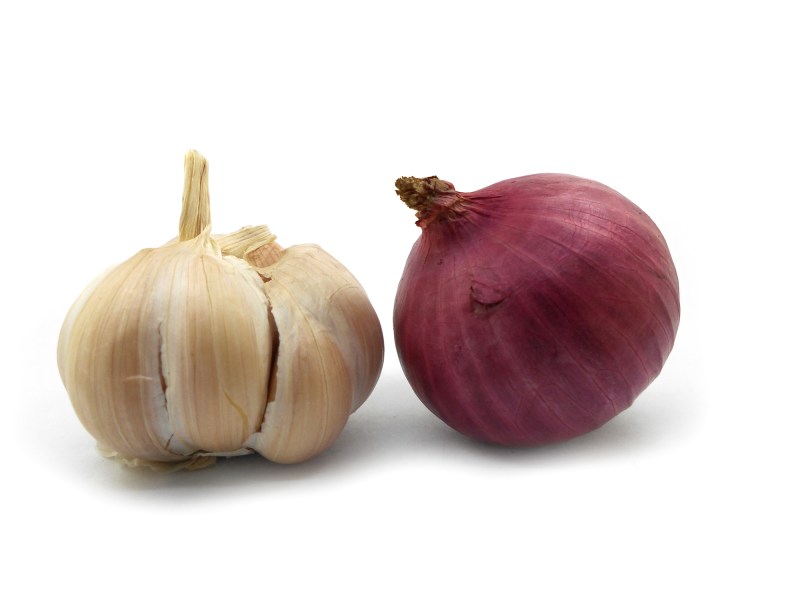
Legend holds that aromatic bulbs like onion and garlic are natural insect repellents. There are different theories about how to unleash the magic of these ingredients. Traditional wisdom dictates chopping up an onion and adding it to a glass of water to ward off mosquitoes. I’ve personally never tried this, but now that sunset in my region is hovering around 10 p.m., I’m going to give it a try. Anything to take full advantage of these all-too-fleeting summer nights.
As for garlic, the reigning advice is to eat it — a lot of it — which works to repel not only bugs but, well, every living being. In other words, it’s probably not the best choice for your lakeside happy hour. However, it could be a great option for that obligatory appearance at your parents’ neighborhood block party.


